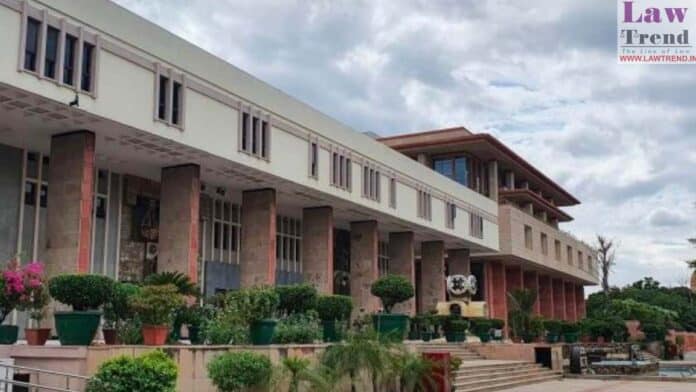The Delhi High Court has set aside a 2009 judgment of a Single Judge and granted probate of a Will executed by a man in favor of his friend’s mother, to the exclusion of his own parents and sister. The Division Bench held that the disinheritance of natural heirs is not a suspicious circumstance when
To Read More Please Subscribe to VIP Membership for Unlimited Access to All the Articles, Download Available Copies of Judgments/Order, Acess to Central/State Bare Acts, Advertisement Free Content, Access to More than 4000 Legal Drafts( Readymade Editable Formats of Suits, Petitions, Writs, Legal Notices, Divorce Petitions, 138 Notices, Bail Applications etc.) in Hindi and English.




